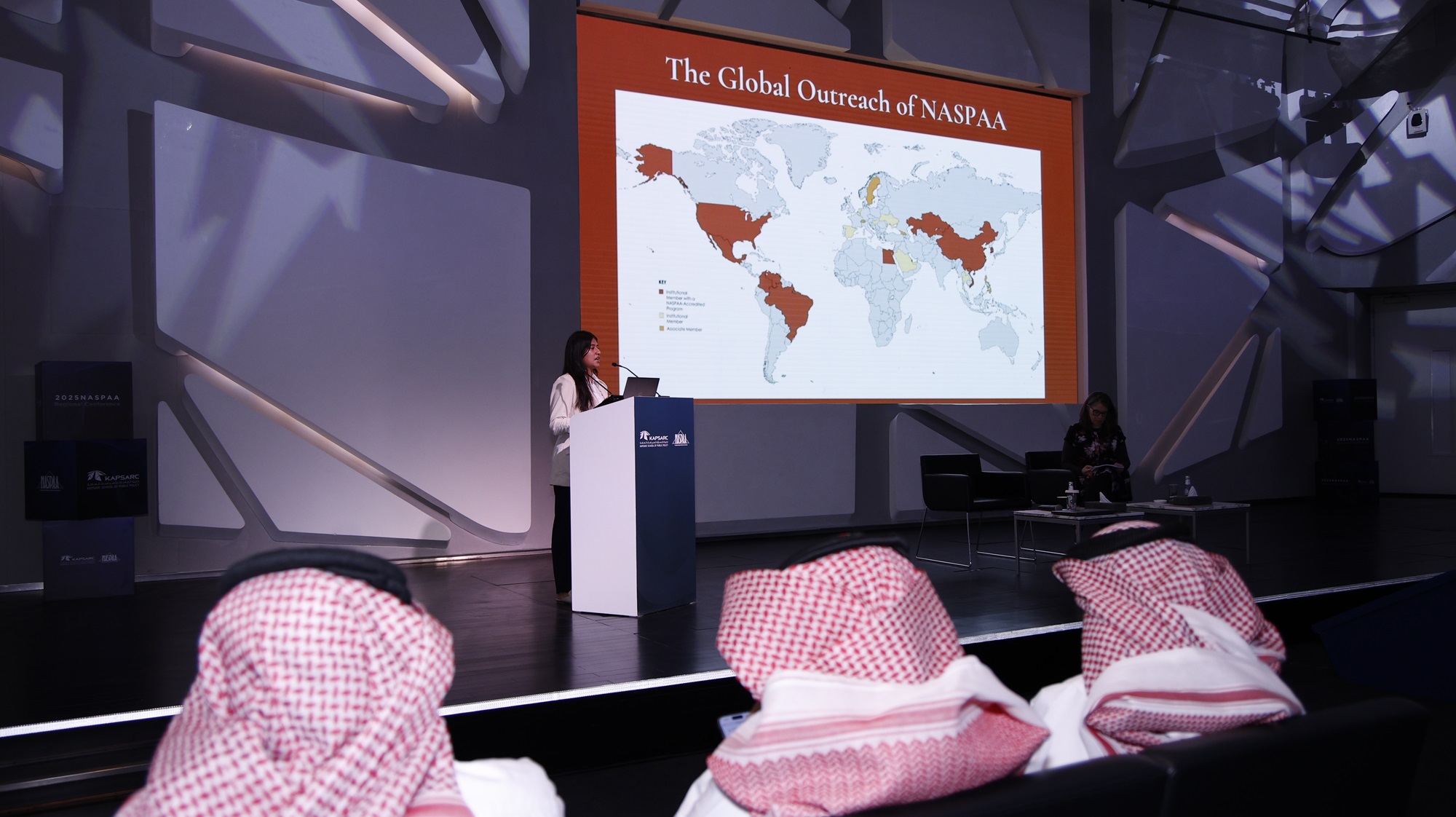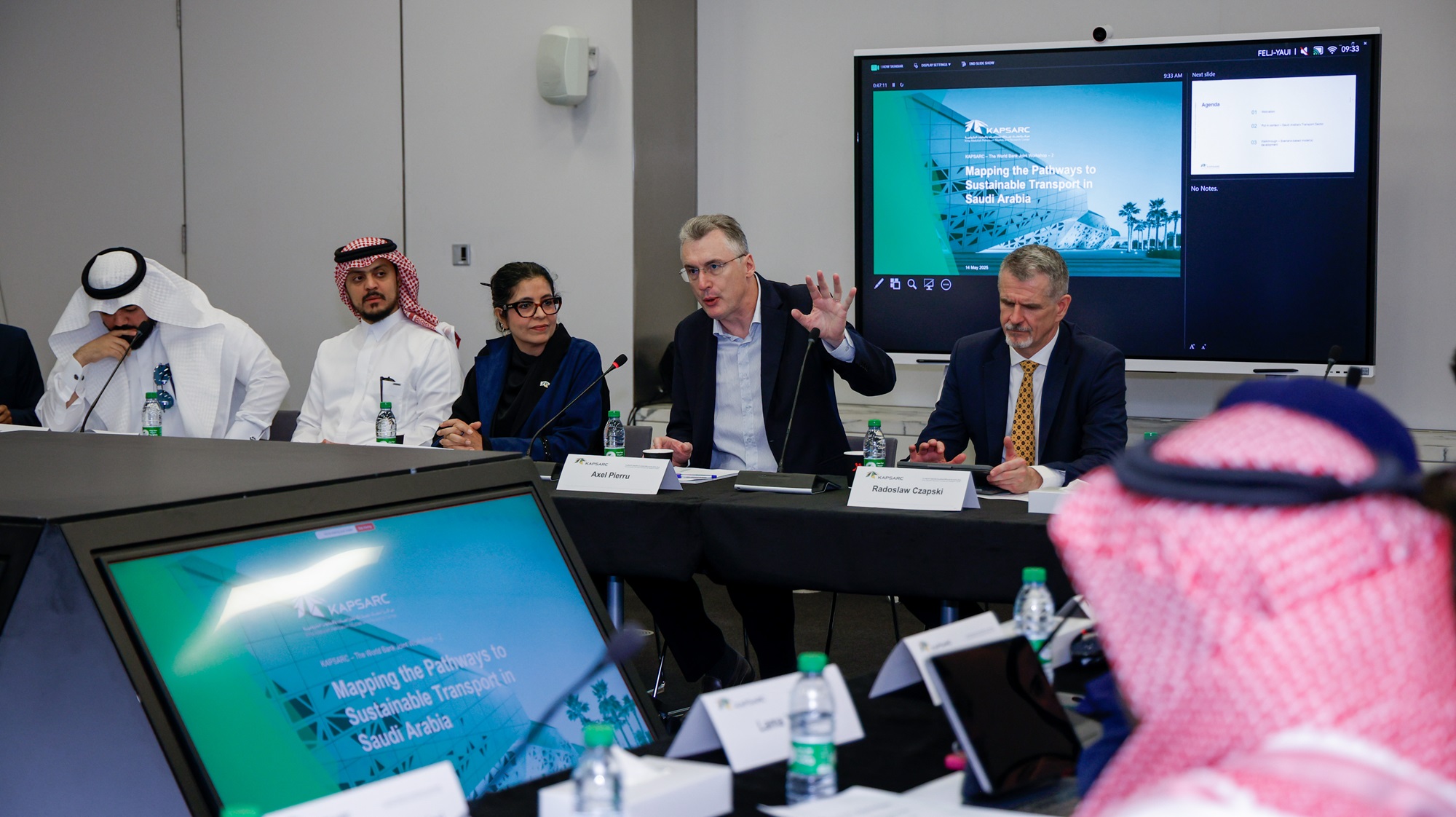Introduction
We are delighted to announce the launch of the Postdoctoral Program. This unique program has been carefully designed with the aim of fostering interdisciplinary collaboration and innovation, our rotational approach allows postdoctoral researchers to broaden their horizons and explore diverse areas of study.
The program is designed to support postdoctoral researchers in conducting high-quality and innovative research in the field of energy economics, policy, and ecosystem sustainability.
Postdoctoral Program Overview
Research Focus Areas
Professional Development
Cultivate Future Leaders
-
Professional Development
-
Cultivate Future Leaders
Research Focus Areas
The program will encompass a wide range of research, including energy economics, climate environment, transport, utilities, renewable energy, oil and gas, and energy sustainability. During the Program, Postdoctoral researchers will conduct empirical, evidence-based, and policy-oriented research and analysis.
The program will provide various professional development opportunities, including training workshops, and seminars aimed at enhancing postdoctoral research skills, publishing expertise, and policy advocacy abilities. Postdoctoral researchers will also receive constructive feedback and support to strengthen their academic writing and presentation skills.
The program aims to cultivate a new generation of thought leaders and experts in the broad area of energy policy. The postdoctoral program encourages them to take on permanent roles within the organization, develop mentoring skills, and aim for long-term professional success in consulting and research.
Responsibilities
- Contribute to the development of economic models and methodologies to better understand the complex dynamics of energy systems.
- Collaborate with a multidisciplinary team of researchers.
- Conduct in-depth research on energy economics topics, including analyzing and modeling energy markets, conducting cost-benefit analysis of energy projects, and assessing the impact of policy interventions and the overall economy.
- Publish KAPSARC papers, Journal papers, and make presentations at conferences and workshops.
- Participate in collaborative discussions and contribute to the intellectual environment of the research group.
Applicants Criteria
- Applicants should have recently obtained or be close to obtaining a Ph.D. in Energy Economics, Public Policy, Sustainability, Environmental Science, Engineering, or related fields.
- Strong knowledge is required in one or more of KAPSARC’s areas of research including energy policy, oil and gas markets, economics, renewables, transportation, climate, and sustainability.
- Demonstrated expertise in independent research, quantitative methods, qualitative methods, and hybrid methods, and/or relevant software tools and datasets.
- Excellent verbal and written communication and interpersonal skills for effective collaboration within a multidisciplinary team.
Selection Process

Knowledge and Analysis Program
Utilities & Renewables
Oil & Gas
Energy Macro & Microeconomics
Transport & Urban Infrastructure
Climate & Sustainability
Utilities & Renewables
The U&R program conducts thorough technoeconomic studies in the areas of power utilities, electricity policy and regulation, and renewables, to understand the current and future challenges facing this sector. The team also covers other topics and their interlinkages to the power sector including materials needed for the transition, hydrogen, carbon capture, and digitalization.
Oil & Gas
The Oil & Gas program assesses the challenges and opportunities for oil and gas today and in the future. Focus areas include crude oil, natural gas, refining and petrochemicals, and energy security. Economic and policy recommendations are provided through informed research outputs.
Energy Macro & Microeconomics
The EM&M program analyzes the interactions between energy and economic policies in the context of the global and domestic energy transitions. The Program’s projects tackle policy questions using innovative quantitative methods and rigorous economic reasoning. The program develops models that help assess energy, industrial, and macroeconomic policies that support economic diversification and resilience in energy exporting countries.
Transport & Urban Infrastructure
The T&UI program focuses on studying and analyzing energy transition in transport and urban infrastructure. The program investigates the impact of global and domestic policies, new technologies and consumer preferences on different sectors of transport like the road, rail, maritime and aviation. Additionally, the program studies urban polices and projects to assess the potential of sustainable and efficient energy transition pathways for cities in Saudi Arabia.
Climate & Sustainability
The Climate and Sustainability program conducts research and analyses in the areas of climate economics, climate change policies, and environmental sustainability. The program focuses on climate mitigation, climate adaptation, climate finance, climate policy instruments, carbon management, energy efficiency, clean technologies, and sustainable goals. The program also aims to develop and utilize various analytical tools and research methods to assess climate change mitigation policies and measures and the different pathways for achieving global and national climate goals.
Postdoctoral Program Benefits
- Two-year contract
- Monthly basic allowance 22,000 SAR
- Transportation allowance as per KAPSARC’s policy
- Children’s education allowance as per KAPSARC’s policy
- Furnished housing or housing allowance as per KAPSARC’s policy
- Medical insurance for the postdoctoral researcher and their family (spouse and children)
- An annual leave of 24 work days
- Conference attendance opportunities
- Relocation allowance as per KAPSARC’s policy


